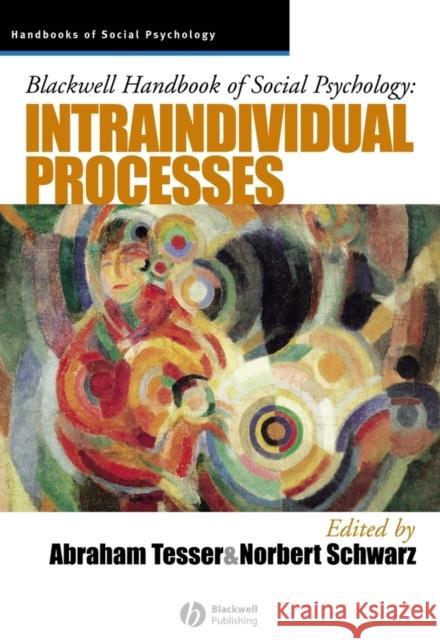Blackwell Handbook of Social Psychology: Intraindividual Processes » książka
topmenu
Blackwell Handbook of Social Psychology: Intraindividual Processes
ISBN-13: 9780631210344 / Angielski / Miękka / 2002 / 672 str.
This volume on intraindividual processes is one of a set of four handbooks in the social psychology field and covers social cognition, attitudes, and attribution theory.
- Includes contributions by academics and other experts from around the world to ensure a truly international perspective.
- Provides a comprehensive overview of classic and current research and likely future trends.
- Fully referenced chapters and bibliographies allow easy access to further study.
- Now available in full text online via xreferplus, the award-winning reference library on the web from xrefer. For more information, visit www.xreferplus.com











